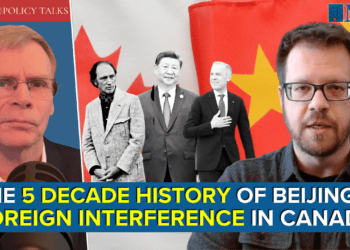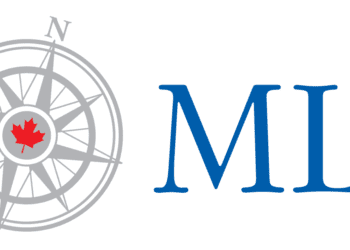MLI’s Philip Cross writes in today’s Globe & Mail that climate change is just one of a list of problems facing our planet; so why are we putting all our eggs in the global warming “basket”?
Earth faces many risks. Should climate change be our greatest priority?
PHILIP CROSS, Special to The Globe and Mail, Thursday, Jun. 13 2013
The self-described skeptical environmentalist Bjorn Lomborg recently toured Canada, pointedly asking how societies should allocate scarce resources to improve the world given the inevitable imperfections in our understanding of what is most effective, or indeed what the major issues are, for the future welfare of mankind.
Readers of his previous works, or those who have seen his film Cool It, know that one of his central points is that climate change is real, but addressing it to the exclusion of other matters may not be the best way to invest resources if the goal is improving the human condition (that the daily high in Ottawa when he visited in early June was 13C did not materially harm his message). This is because the ratio of benefits to costs of climate change mitigation policies is low compared with alternatives, such as improving child nutrition, combating malaria or boosting crop yields.
But one question from the audience drew an uncharacteristically feeble response from Mr. Lomborg, which was surprising since one hears it often from environmentalists. That is, what if the worst case scenarios for global warming were realized? Even if theoretical models of the climate say there is only a slim chance of such an occurrence, if global warming does hit some critical threshold and triggers runaway climate change, should we not do everything in our power to prevent it, if only as an insurance policy against a catastrophic outcome?
The problem with this reasoning is there are a nearly infinite number of possible but low probability threats to human existence on this planet. An asteroid or comet already could be heading straight for us, or radiation from a solar flare could fry life on Earth. The Pacific Rim could be rocked somewhere by an earthquake, setting off a devastating tsunami. The cauldron of magma under the western U.S. is about due for its periodic eruption (Yellowstone National Park has been described as the world’s largest active volcano). New strains of bacteria or virus could decimate the human race. And these natural disasters are not even the most probable menaces to our existence in the short-term; nuclear weapons falling into the hands of a rogue regime or a terrorist group are more immediate threats than the prospect of environmental Armaggedon.
Given all these possible threats, what should we do? Devote all the resources needed to reducing the possibility of each one to zero? Even if that was feasible (and it is unclear how humans would prevent gigantic earthquakes, volcanic eruptions or solar flares), we could devote all of our resources to mitigating these risks, and still not assure our survival because the list of possible catastrophic events is so extensive or beyond our capability to address.
If everyone approached life with this timidity and aversion to risk, most people would be too afraid to get out from under the covers in the morning. Living comes with some risks in almost everything we do. To fixate on eliminating all risks to the exclusion of everything else ultimately prevents living a meaningful life. As a consequence, there would be no resources for our basic needs, never mind investing in improving the future. Saying we value life does not mean devoting 100 per cent of GDP to the environment or health care. Establishing priorities, as Mr. Lomborg reminds us, also means saying no to some things while accepting the risk that our knowledge of future trends is fallible.
Philip Cross is the Research Coordinator at the Macdonald-Laurier Institute and the former Chief Economic Analyst at Statistics Canada




